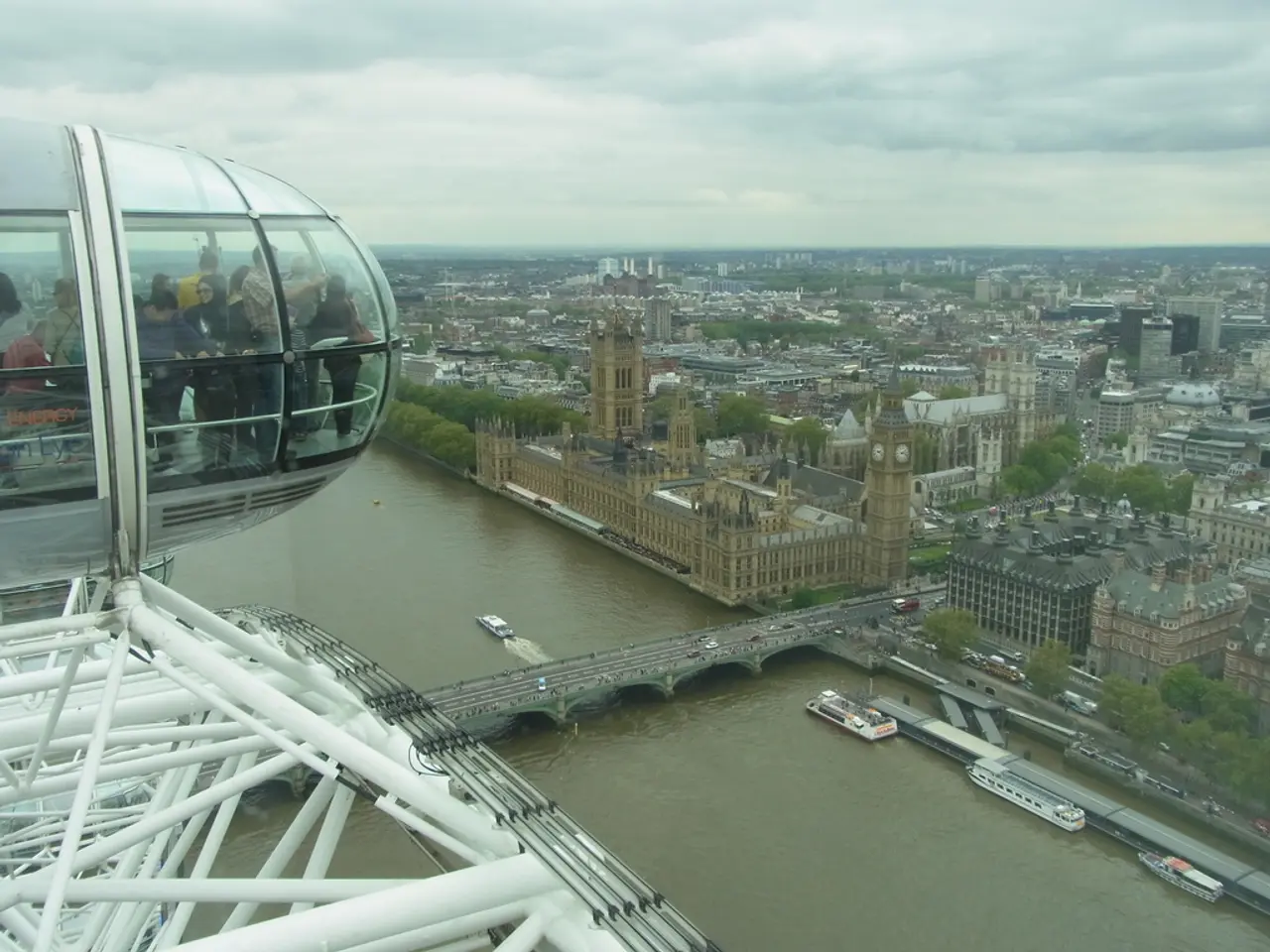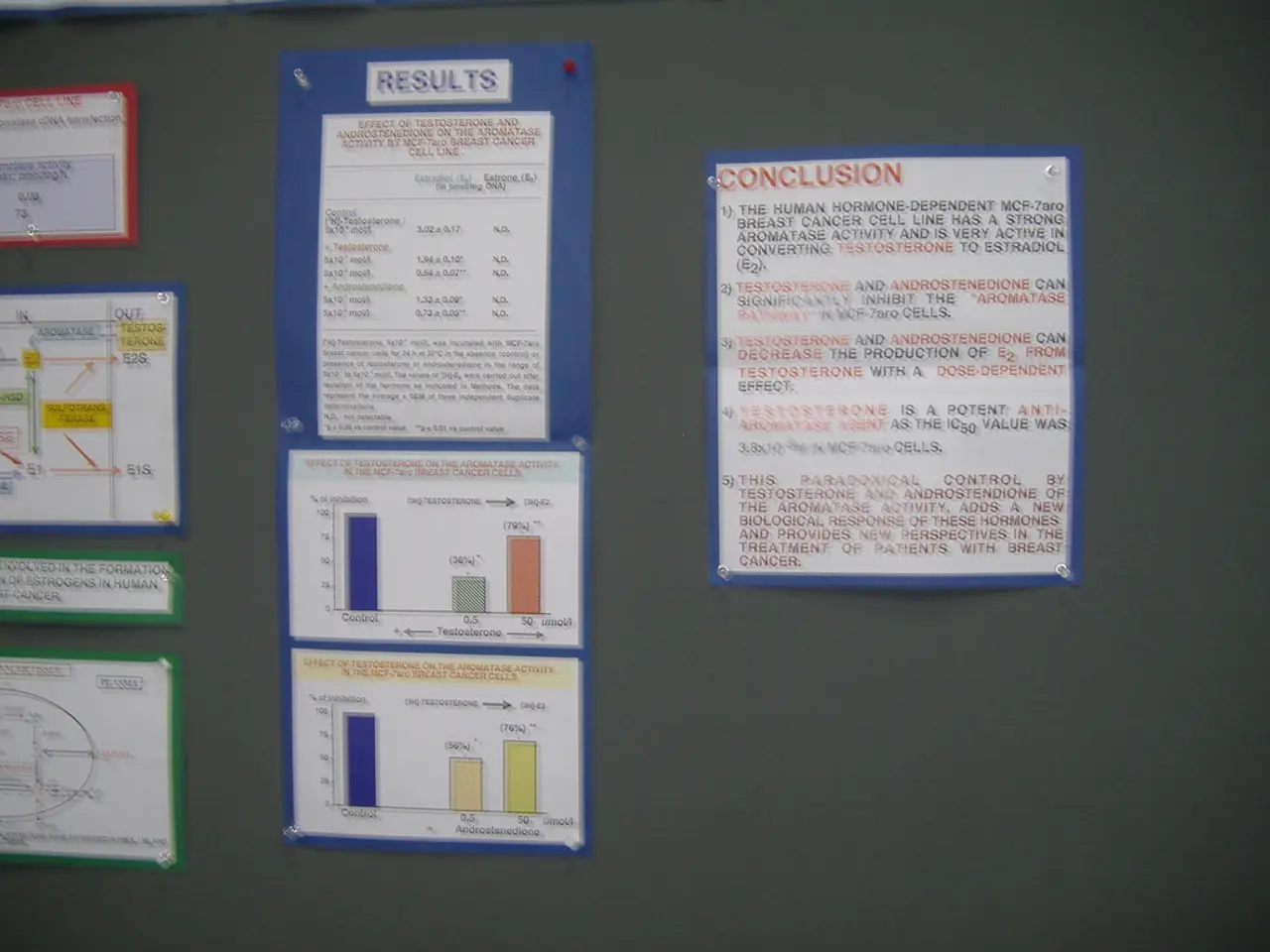Lowering voting age to 16 years old in the UK by the next election, a contentious decision, but an appropriate step forward
Lowering the Voting Age in the UK: A Step Towards Modernising Democracy
The UK government has announced a significant shift in democratic participation, lowering the voting age for national elections to 16. This reform, which aligns with existing practices in Scotland and Wales, is a generational step forward in restoring public trust and boosting engagement in UK democracy [1][2][3].
The decision follows a strong belief that young people, who already contribute to society through work, tax payments, and military service, should have the right to vote. The change is part of a broader effort to modernise the UK's democracy, giving young people a voice on issues affecting them [3].
According to a report by Young Citizens, 71% of young people said they would vote in the General Election if they could, with 78% feeling informed about political issues [1]. This move is expected to allow 1.5 million 16- and 17-year-olds to vote for the first time.
The reform package also introduces measures to improve voter ID flexibility, such as allowing bank cards as valid ID, and strengthens safeguards against foreign political interference and intimidation of candidates, further modernising and protecting democratic processes [1][3].
The change has garnered both support and criticism. Some argue that young people should not be dismissed before they've even had a chance to use their voices, while others question whether they have enough life experience and responsibility to make informed decisions [2].
Deputy Prime Minister Angela Rayner stated that the change supports the Plan for Change and the manifesto commitment to give 16-year-olds the right to vote [3]. However, Conservative shadow minister Paul Holmes questions why 16- and 17-year-olds can vote but are not allowed to do other age-restricted activities [2].
The voting age remains 18 for other elections, including UK Parliament elections, local elections in England, and all elections in Northern Ireland. The change is planned to be implemented in time for the next general election, which is due to take place by 2029, but could be called earlier [3].
As the debate continues, it is clear that the lowering of the voting age is a significant step towards modernising UK democracy and giving a voice to a new generation of voters.
[1] BBC News. (2023). UK voting age to be lowered to 16. [online] Available at: https://www.bbc.co.uk/news/uk-politics-64279972
[2] Sky News. (2023). UK voting age to be lowered to 16. [online] Available at: https://news.sky.com/story/uk-voting-age-to-be-lowered-to-16-12615608
[3] The Guardian. (2023). UK voting age to be lowered to 16. [online] Available at: https://www.theguardian.com/politics/2023/jan/01/uk-voting-age-to-be-lowered-to-16-in-major-democratic-reform
Young people's active participation in general-news issues and society, such as work, tax payments, and military service, has led to a political movement advocating for their right to vote. The UK government's decision to lower the voting age to 16 for national elections is part of a broader effort to modernize the country's democracy by giving young people a voice in politics.








